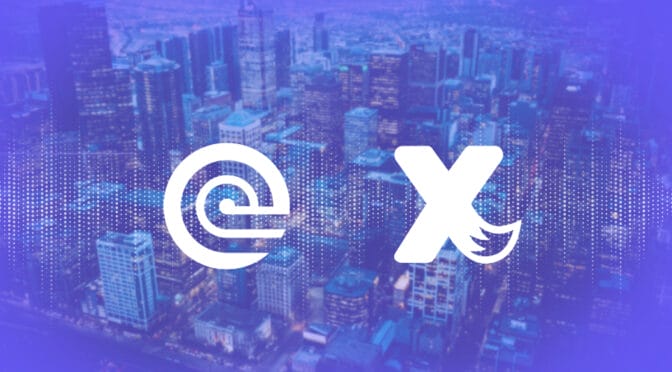An employer of record (EOR) is a third-party vendor that specializes in handling many of the tedious but critically important back-office tasks that keep your business running smoothly. These companies can free your business teams up to focus on growing your business or building a culture that attracts top candidates. EORs also eliminate some of the risks associated with running human resource (HR) functions. These organizations can run in parallel to your company, handling everything associated with the hiring process. But what does that mean, exactly? What administrative tasks can an EOR handle for your business?
What Can an EOR Do for Your Business?
You should consider using an EOR for several reasons:
- If you’re hiring employees in several different geographic regions—especially if your company isn’t set up to conduct business in those areas.
- You’re not confident that you know or can stay on top of the local, regional, and state hiring and compliance rules in these regions.
- You’ve had compliance issues in the past and you’re trying to mitigate this risk.
- You want to grow but simply don’t have the internal staff to manage a surge in employees.
- You have new contracts and need to hire quickly but not necessarily long-term.
An EOR can help you in all these areas, and more. As companies move toward more remote work models, an EOR can hire across geographic boundaries so that you can find the best talent without any risk to your business.
An EOR handles most or all of the administrative functions associated with hiring and managing staff. This includes:
- Payroll set up and processing.
- Employee onboarding and training.
- Filing payroll taxes.
- Timesheets.
- Managing employee benefits such as insurance, workers’ compensation, or 401k.
- Creating employment contracts.
- Terminating employees.
- Hiring employees and running background checks.
An EOR isn’t a staffing agency, although some EOR’s can provide that service. Some companies use both a staffing agency to find talent and an EOR to manage that talent.
Think of an EOR as your back office; they handle the functions normally coordinated by an HR team. For example, let’s take three of the most complicated and heavily regulated areas of HR: Benefits, worker’s comp, and insurance:
- Employee benefits are easily handled by an EOR. EORs are skilled in following compliance rules set by the state they’re operating in, whether it’s paid leave, vacation, and more.
- Worker’s compensation is administered both at the federal and state level, making it increasingly complex to administer. An EOR can handle compliance, something you will be greatly appreciative of if you fall victim to a workplace injury.
- Health insurance is also incredibly complicated. An EOR handles all of the paperwork related to administration of these benefits for your employees.
How much more time could your HR team spend on retaining top employees if you used an EOR?
If you have a small company looking to scale, using an EOR allows you to focus on core business practices instead of getting mired down in managing your staff. Why not talk to FoxHire to find out how we can help your business? Call on us.





